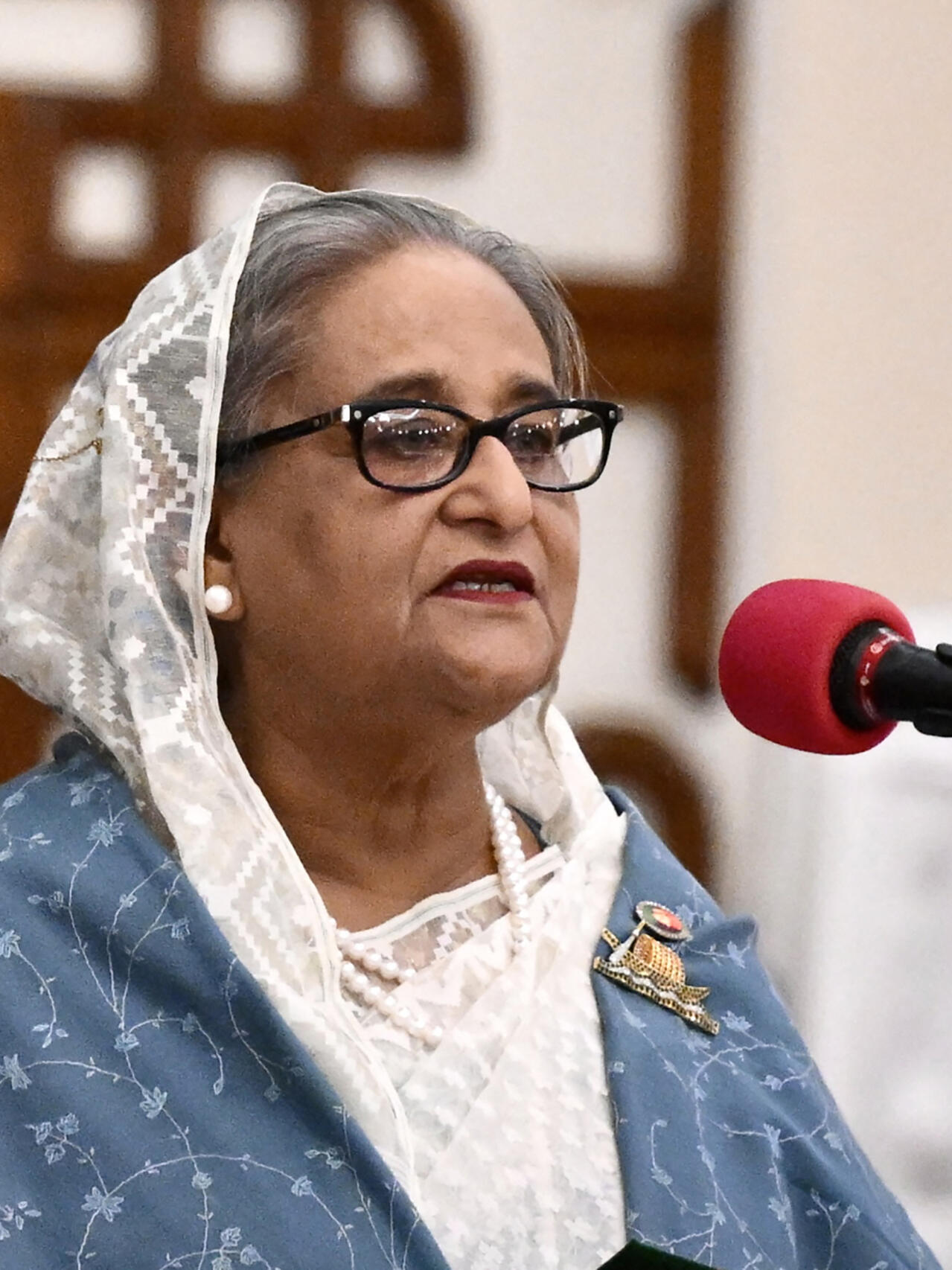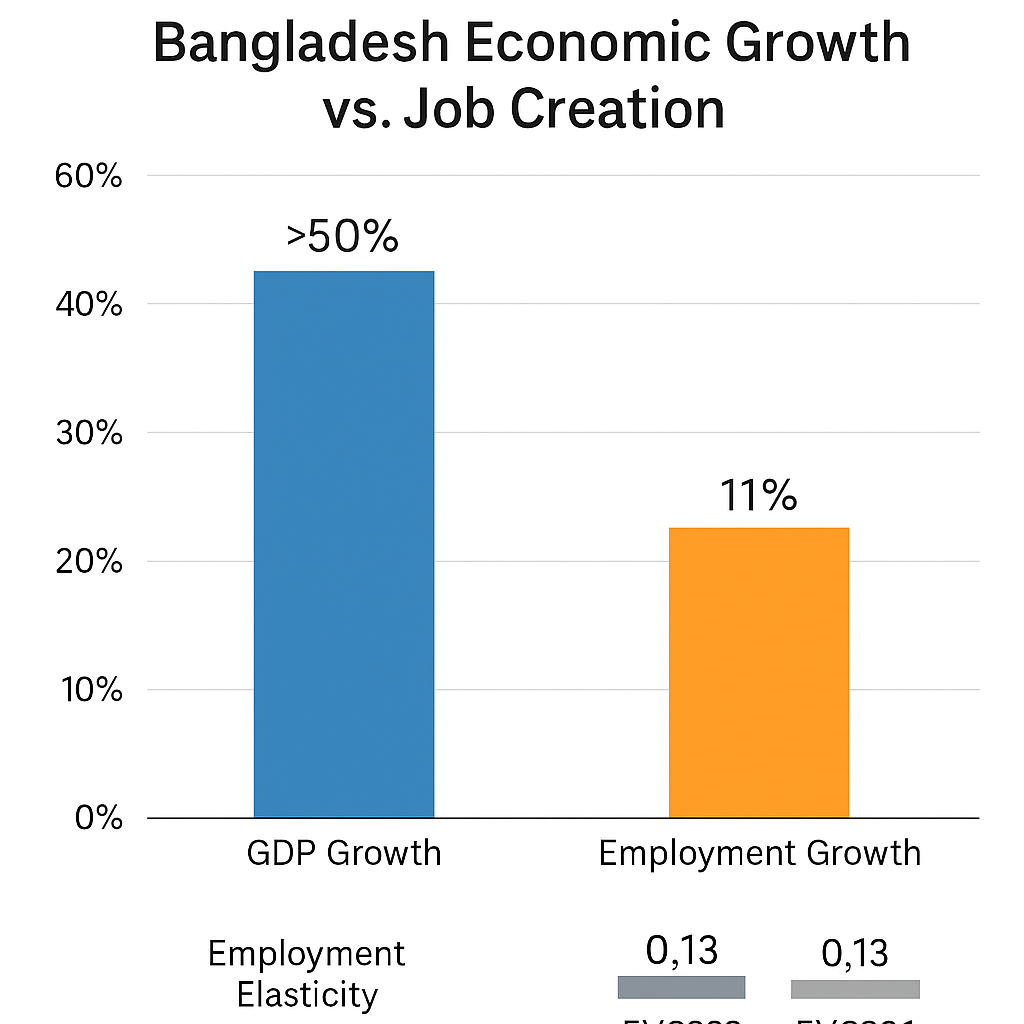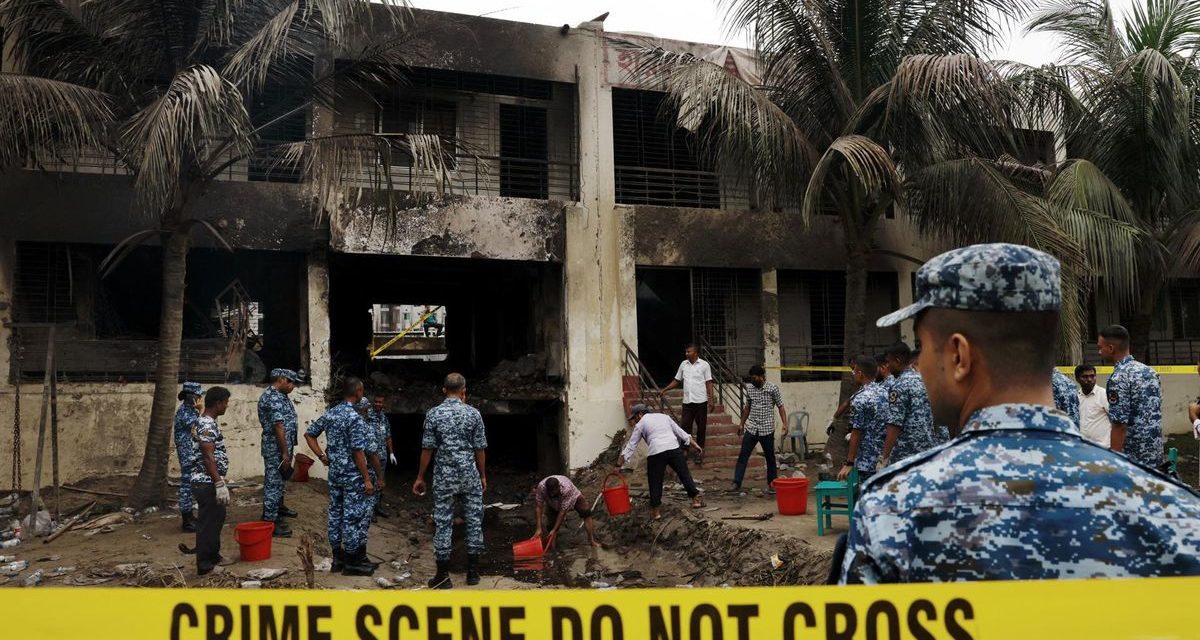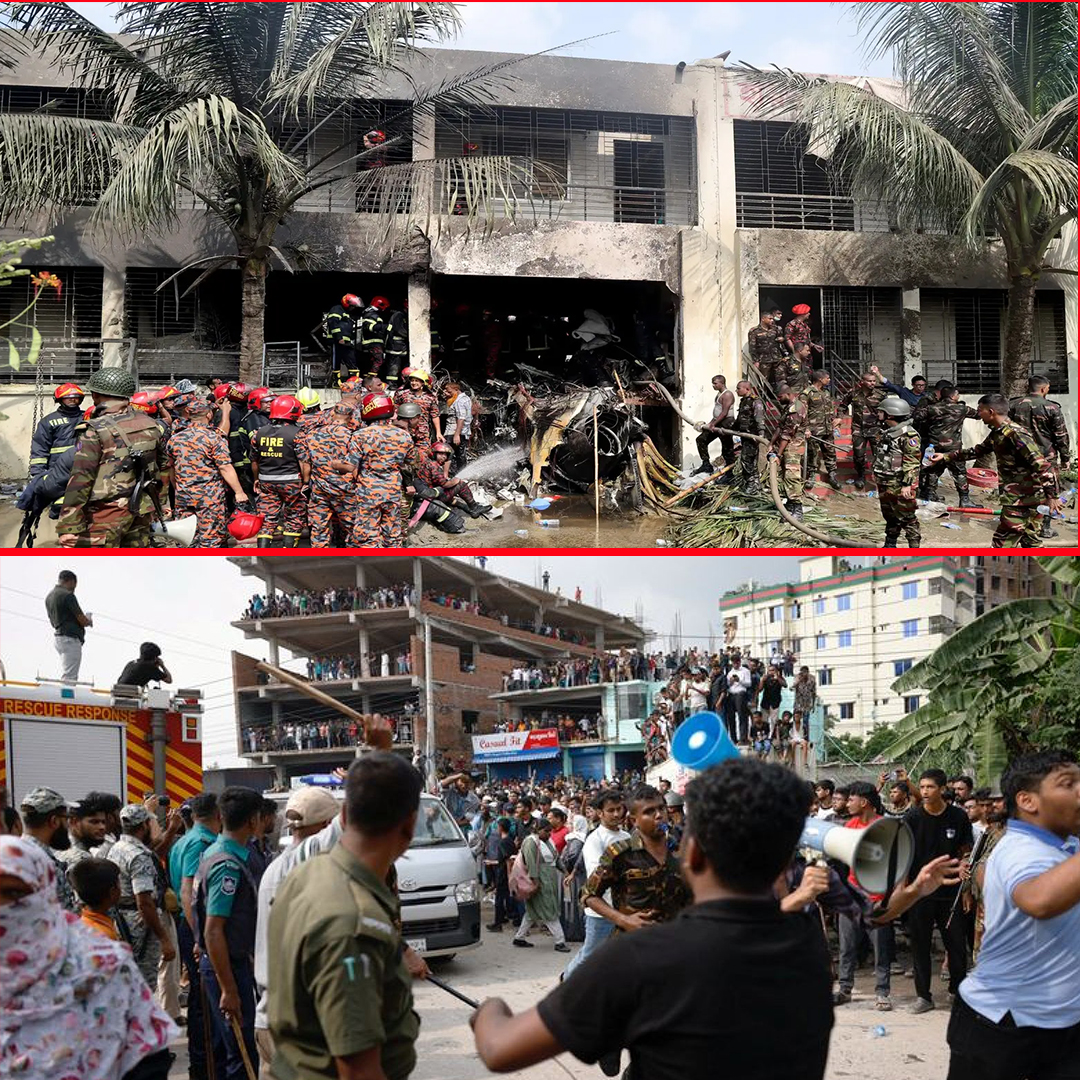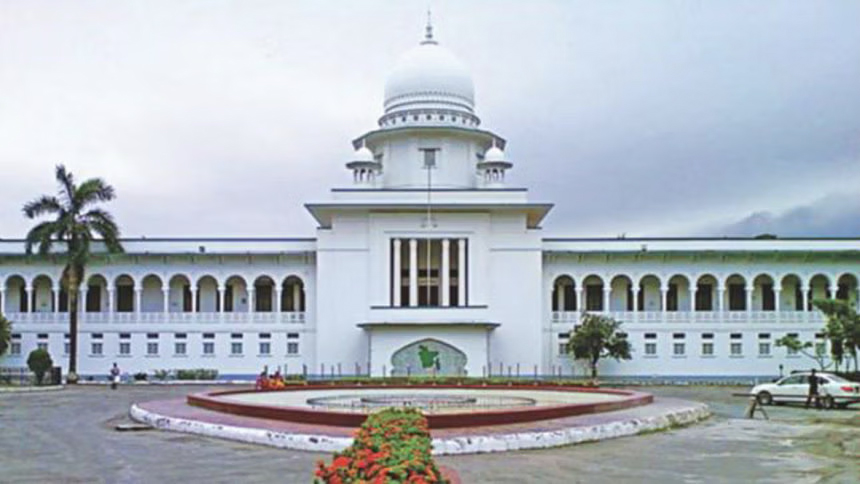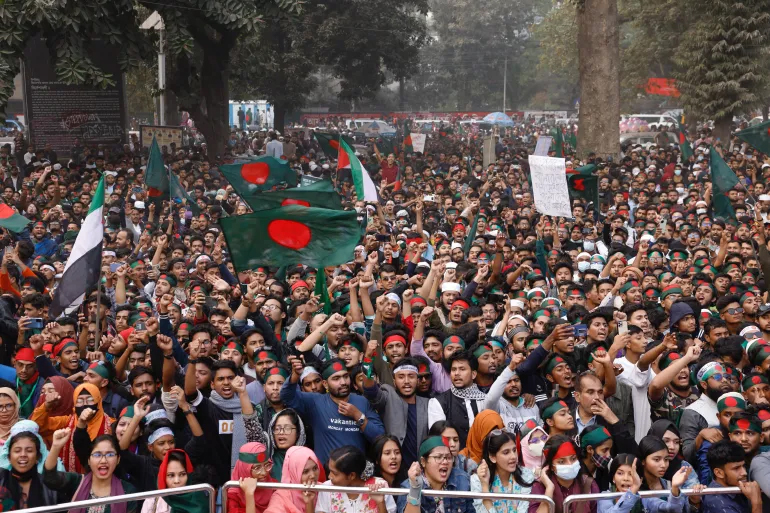
Despite early agreements, major parties in Bangladesh remain divided on core Charter-related constitutional changes, putting the July 2025 reform deadline at risk.
The future of Bangladesh’s long-anticipated July Charter appears uncertain as consensus talks between major political parties make slow progress, casting serious doubts on whether the final document can be completed and signed within the target timeline. Launched on June 2, 2025, the second round of negotiations at Dhaka’s Foreign Service Academy brought together representatives from over 30 political parties under the National Consensus Commission. Initially scheduled for finalization by July 16, with a fallback deadline of July 31, the Charter aimed to introduce wide-ranging democratic reforms including electoral restructuring, oversight mechanisms, and institutional checks and balances. However, after nearly a month of dialogue, only two out of nine proposed reforms have achieved agreement. These include granting backbench MPs the right to vote independently—except on finance bills and no-confidence motions—and allowing opposition lawmakers to chair at least four parliamentary standing committees to promote accountability. Beyond these modest steps, deep disagreements persist on critical issues. One of the most contentious proposals is the formation of a National Constitutional Council (NCC), initially intended to manage key national appointments including the chief adviser. This idea was flatly rejected by the BNP and its allies, who feared centralization of power. Though later rebranded as the “Committee for Appointments to Constitutional and Statutory Bodies” and stripped of authority over the chief adviser role, resistance continued. Another sticking point is the proposed change to the presidential election method. Some parties, like Jamaat-e-Islami and the Nationalist Citizens’ Party (NCP), support an electoral college composed of MPs and local representatives, whereas BNP staunchly opposes this model. Meanwhile, the Communist Party of Bangladesh and Liberal Democratic Party (LDP) prefer the current system where only MPs vote. A proposed term limit of 10 years for any individual to serve as prime minister received mixed feedback; while several smaller parties welcomed the limitation, the BNP remained unconvinced and called for more deliberation. Additionally, the idea of creating a bicameral legislature has led to sharp divisions. Most parties supported an upper house formed through proportional representation, but BNP rejected the method, citing fears of diluted regional representation and potential misuse by the executive branch. Other unresolved items include plans for constitutional amendment procedures, emergency power protocols, representation of women in local governments, district coordination councils, and the formation of an independent Election Boundaries Commission. With these pressing issues unresolved, many participants fear the Charter’s goals are slipping out of reach. A member of the commission, requesting anonymity, noted that at the current pace, even the extended July 31 deadline may be unrealistic. Political figures expressed growing frustration and urgency. Commission Vice-Chair Prof. Ali Riaz called on parties to set aside rivalries for the sake of national stability, emphasizing that the Charter must be completed in July to preserve public trust in democratic reform. BNP’s Salahuddin Ahmed recommended holding targeted consultations with individual parties to break the stalemate, while Jamaat’s Syed Abdullah Mohammad Taher went so far as to say consensus seemed “nearly impossible.” The NCP’s Akhter Hossain even warned that without meaningful reform, his party might pull out of the upcoming general election altogether. The original goal of the July Charter was to create a comprehensive framework for fair governance, encourage greater transparency, and ensure wider political inclusion. But now, the document risks becoming just another unfulfilled political promise. While the consensus process initially symbolized unity and hope, the current stalemate reflects deeper structural divides and mistrust among Bangladesh’s political players. If the parties fail to reach common ground quickly, they not only jeopardize the Charter itself but also risk losing a historic opportunity to redefine the country’s democratic landscape. Whether the July Charter becomes a foundational moment in Bangladesh’s political history or fades into yet another episode of deadlock depends on the urgency and flexibility leaders show in the days ahead. The nation watches with anticipation as the window for reform narrows.
source : thedailystar


